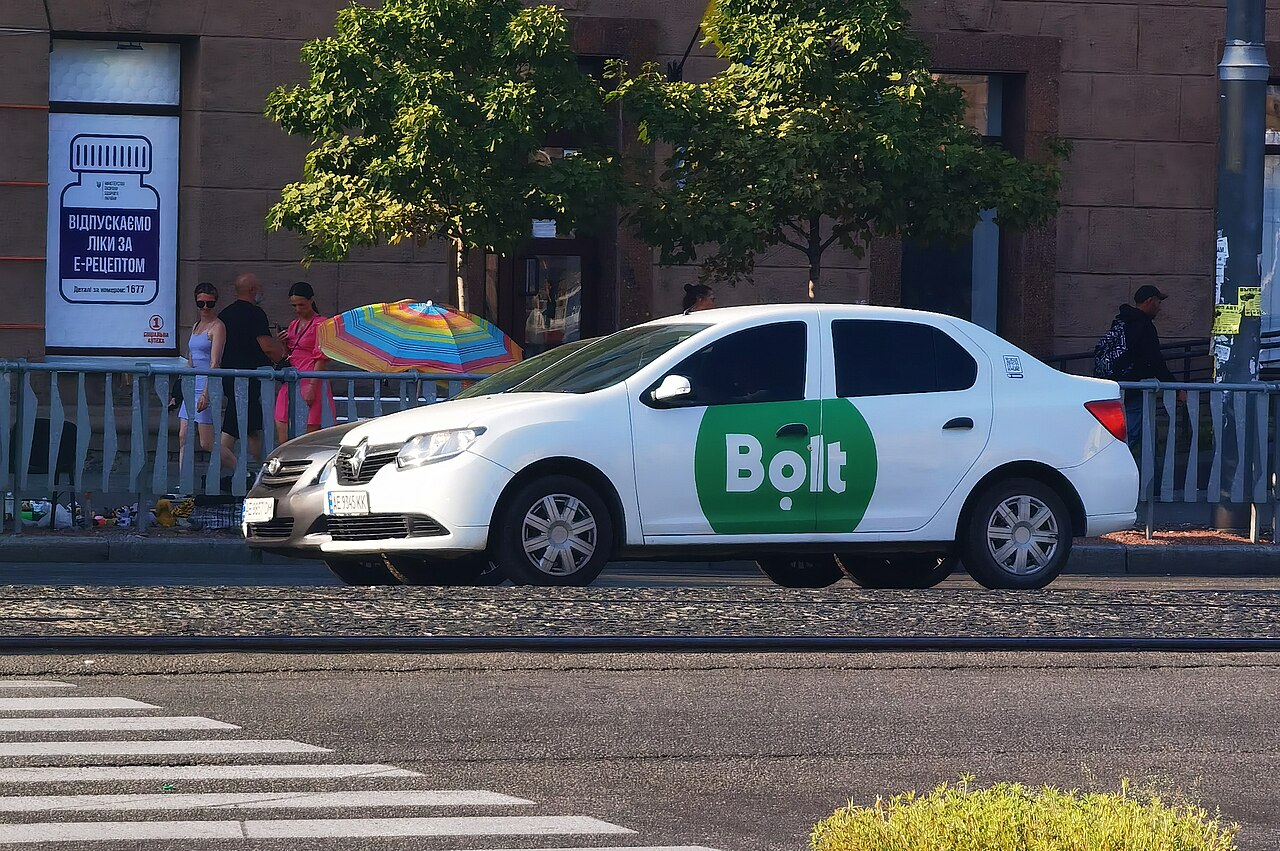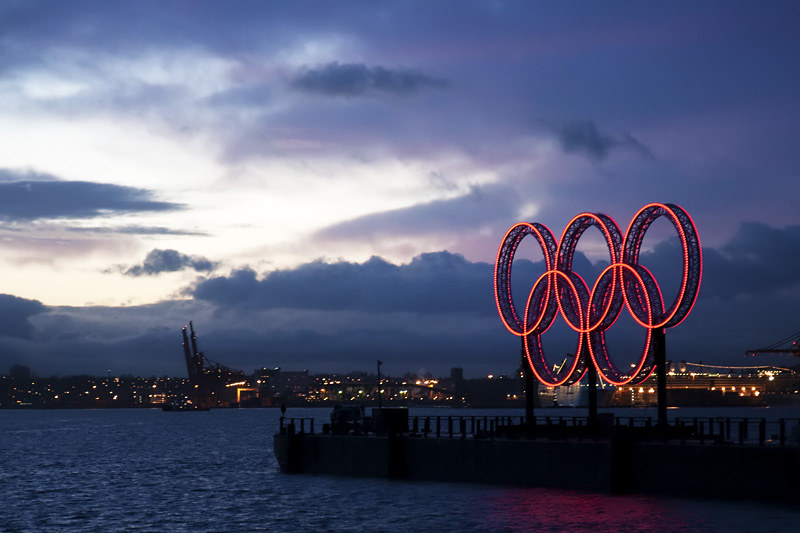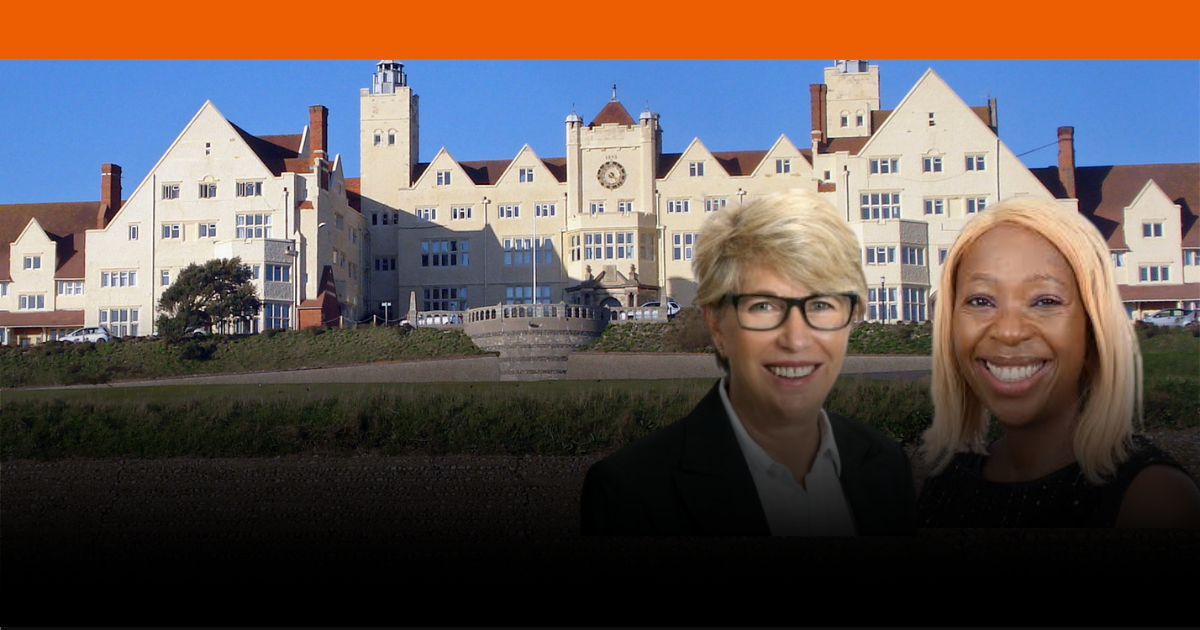When I read that President Cyril Ramaphosa had suspended Advocate Andrew Chauke, the Director of Public Prosecutions in the South Gauteng region, my first thought was: “Yay, finally, some accountability!”
Chauke is accused of allegedly using his power to protect the corrupt and powerful. His office in Johannesburg was responsible for key decisions in State Capture prosecutions, including cases like the one involving Prasa, yet little progress was ever made.
He has held this position since 2011, when he was appointed by then-President Jacob Zuma, and has largely remained untouchable until now.
Even the late journalist Karima Brown tried to hold him to account. In a 2020 episode of her show The Fix broadcast on eNCA at the time, she boldly called Chauke out as part of the “Zuma cabal” and accused him of protecting individuals like former Gauteng Health MEC Brian Hlongwa and former Crime Intelligence head Richard Mdluli. Chauke tried to silence her through the Broadcasting Complaints Commission, but the tribunal ruled in her favour, stating that his public role meant there was legitimate public interest in what she had said.
The Presidency said that keeping Chauke in his role while these accusations loom would further damage the NPA’s reputation. Ramaphosa’s decision comes after he asked Chauke to provide reasons why he shouldn’t be suspended.
“Continued tenure as Director of Public Prosecutions – while facing serious accusations – would negatively affect the reputation of the National Prosecuting Authority as a whole,” the Presidency’s statement read.
For a country dealing with the deep scars and wounds of corruption, this moment feels like an opportunity for our government to rebuild trust in our justice system.
Who is Andrew Chauke?
Chauke has been serving as the Director of Public Prosecutions in the South Gauteng region since 2011. That’s a pretty major role, as it means he was in charge of prosecuting serious crimes in one of the busiest parts of the country.
Chauke has quite the reputation. He’s been accused of using his power to protect politically connected individuals during the State Capture era, when our public institutions were captured for personal gain.
The idea that someone in such a powerful position may have helped shield the corrupt really stings and shows how easily our justice system can be broken.
Some of the most serious accusations against Chauke include his role in the 10-year delay to prosecute former Gauteng Health MEC Brian Hlongwa over R1.2-billion in alleged tender corruption, and the concerning decisions he made in the case of alleged police torture involving a former senior Hawks official in North West, Major-General Jan Mabula.
He was also part of the prosecution team behind the widely discredited case against former KwaZulu-Natal Hawks boss Johan Booysen.
Other examples include the controversial withdrawal of charges against former Crime Intelligence boss Richard Mdluli in 2011, flagged by the Zondo Commission as suspicious, and the abrupt dropping of corruption charges against ANC MP Zizi Kodwa in November 2024, fueling accusations of political interference.
Despite all this, he’s remained in his post, making decisions on high-profile cases.
The role of the NPA
The NPA is the heart of South Africa’s justice system.
It’s the body that decides who gets taken to court when a crime is committed, whether it’s a small-time thief or a high-level politician caught in corruption. Their job is to make sure that justice is served fairly and without bias. When the NPA does its job correctly, it helps keep our society safe and shows that no one is above the law.
But when it doesn’t, the damage is enormous.
The NPA doesn’t have the cleanest track record. It’s hard to forget how it failed to hold corrupt politicians to account during Jacob Zuma’s presidency.
In some cases, they were delayed or dropped. Evidence was lost, and investigations that should have proceeded were closed. Some of the biggest corruption cases linked to State Capture just went nowhere. Making it feel like justice is only for a select few.
Why Chauke’s suspension matters
I see Chauke’s suspension as a step towards accountability.
By sidelining him pending an inquiry into his fitness for office, this shows that no one is untouchable.
This move shows a willingness to confront allegations head-on, which is crucial for rebuilding trust. If the inquiry is transparent and thorough, it could expose whether Chauke’s actions contributed to the NPA’s failures.
The scars of State Capture run deep, and rebuilding trust in the NPA won’t be easy. But I believe Chauke’s suspension is a starting point. It’s a chance to show us that the government is serious about cleaning house.
A fair inquiry, followed by real consequences if Chauke is found guilty, could set a good precedent. It would tell us that the NPA can be a force for justice again. I’m optimistic about what Chauke’s suspension means for our country’s justice system.
Lona is a recent graduate with an Honours degree in Journalism and Media Studies from Wits University. Passionate about storytelling, she is eager to learn, grow, and hone her writing skills.




